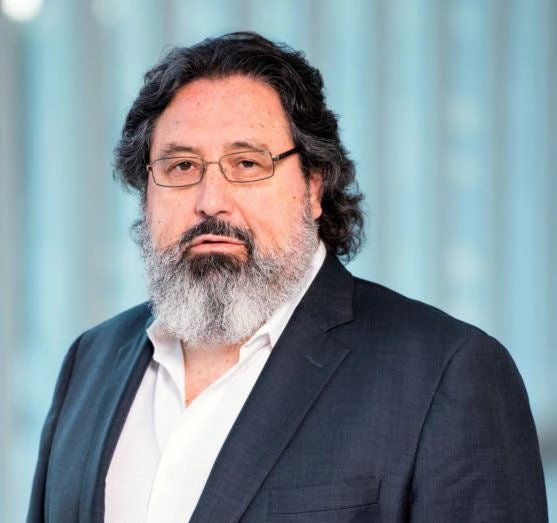It is common to hear officials from countries and international agencies talk about the multiple challenges that impede intersectoral work for health. The concern is valid: while ministries of health and related institutions are organized and funded to improve the “health” of the population, other ministries do not have such a mandate. In most cases, this has led to a certain paralysis characterized by lofty aspirations in the health sector about the potential benefits of intersectoral action, but with little collaboration and action involving other sectors.
Should we accept the status quo or proactively find entry points to engage other sectors in advancing the global health agenda?
In this context, it was gratifying to see high-level officials from ministries of finance, trade, health, and customs from 14 Southern African countries gather together at an African regional forum on tobacco control held earlier this month in Gaborone, Botswana, organized by the World Bank and the Bloomberg Philanthropies, with support from the Gates Foundation and the World Health Organization.
The forum proved to be a good example of an effective entry point to begin sensitizing non health officials on the importance of adopting government-wide policies to prevent and control the negative health impact of tobacco consumption in a society.
Experts spoke on the nature of the tobacco challenge, explaining how tobacco taxation might be used to achieve public health goals. Discussion also centered on illicit trade and how it might be overcome to prevent it from undermining the effectiveness of high excise taxes on tobacco products that make them less affordable, drawing on international perspectives from a range of countries--Brazil, China, India, Kenya, South Africa, the United Kingdom and the United States.
Representatives from various countries emphasized that in resource-poor countries (e.g., Malawi, Zimbabwe) where tobacco cultivation is part of the farming system of large number of smallholder producers and is the only cash crop, there is need to support agricultural diversification to help farmers move away from tobacco dependence.
It was evident that sharing knowledge and country experiences is key to dispelling myths and misconceptions in favor of evidence, establishing common understanding across sectors about the social and economic determinants that influence health, and identifying interventions to open doors for intersectoral collaboration.
Also, the opportunity for peer-to-peer learning, and both Kenya’s and Mauritius’s willingness to share their expertise in tobacco control with other countries, showed that cooperation between African countries, along with international assistance, could help carry intersectoral work forward.
I left Gaborone convinced that reaching out to other sectors is not only possible but actually critical if we aree going to advance the global health agenda. Perhaps now that the forum has helped establish an intersectoral connection, international partners could support the Southern African countries as they develop multisectoral policies and actions to overcome the many hurdles they face in implementing effective tobacco control measures.
In doing so, we should not forget the eloquent words of the Minister of Health of Botswana, the Hon. Rev. Dr. John Seakgosin, who advised us to keep in mind that “tobacco causes sickness, pain, grief and misery, and that its impact is impossible to measure in only monetary terms.”
Related
Tobacco Kills: So what to do in Africa?



Join the Conversation